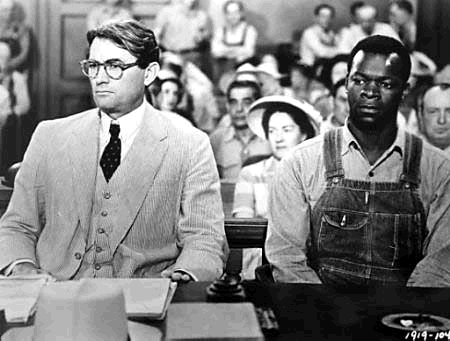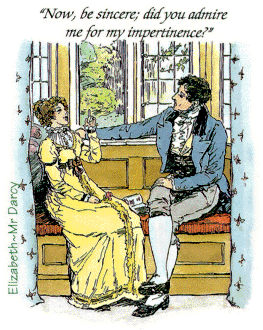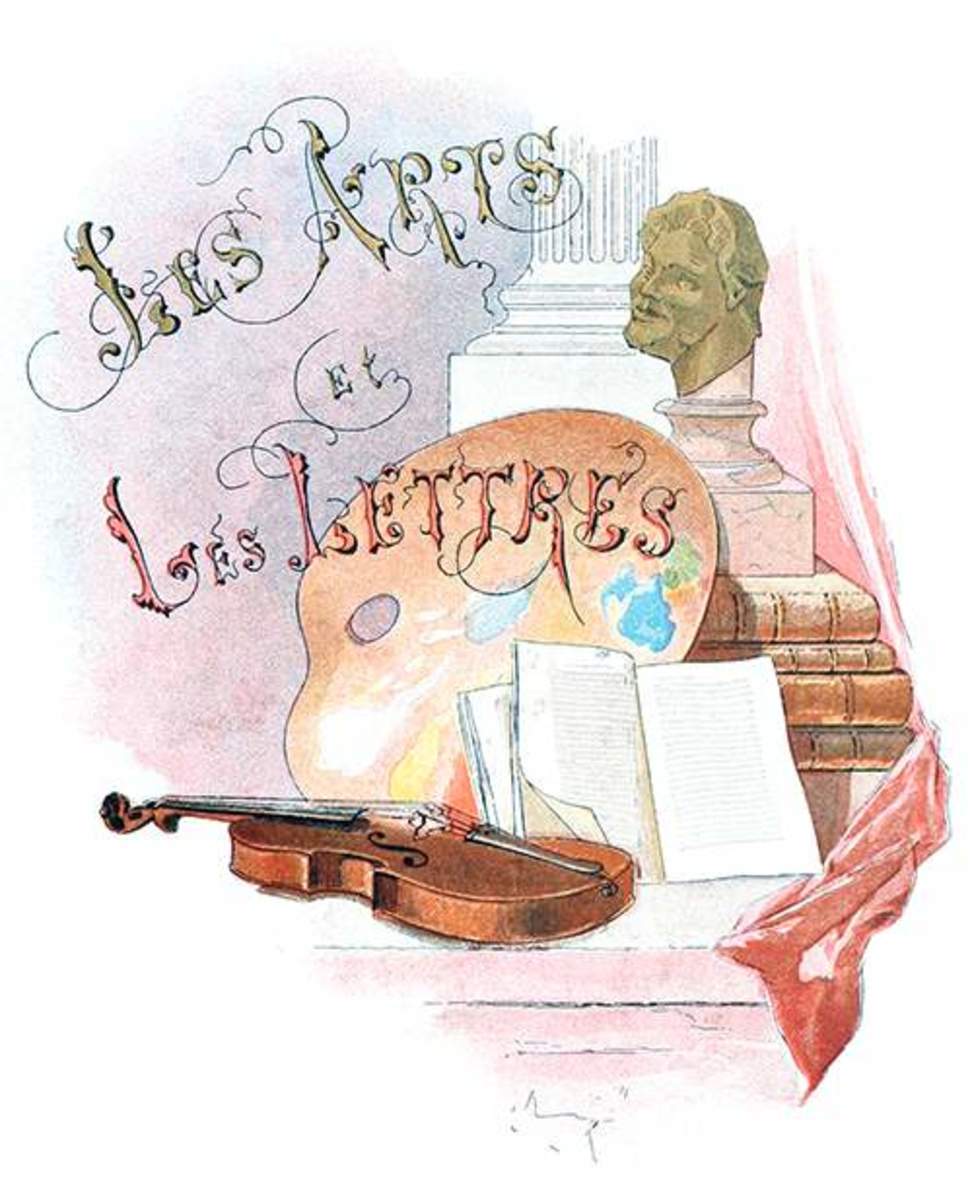Fictional Characters: More Important Than We Think



"A reader lives a thousand lives before he dies. The man who never reads lives only one." - George R.R. Martin
Why do people read books? There are endless answers to this question. Some read to ward off boredom and to successfully survive a long, rainy day (or a cold, winter’s night). Some read because a topic or story intrigues them and they want to learn more. Some read because a book has been raved about. Perhaps the answer to the above question lies in all three of those reasons and more. But I think we also read books because it helps us escape to other worlds and different times with memorable people.
I never quite questioned why I loved to read so much. I merely picked up books, enjoyed them immensely, and that was that. But lately, since thinking about my dream of being a novelist and wondering what it takes to create a truly, unforgettable character, I’ve come to a thrilling realization. When I read, I’m no longer sitting on the couch in my family's living room; rather, I’ve been transported to a different world entirely.
I know, I know, I’m getting a little sensational and sounding like those billboards that pop up everywhere – the one with the kid who has opened a book and some mythical creature is shooting out of the binding and the caption is beckoning to you, telling you to read and go on adventures. But I’m serious. If you think about it, it’s true. If you get consumed enough in a book when you read, do you notice what is going on around you? Not really. Do you unconsciously form pictures in your mind of the place and situations you’re reading about? Yes! Hence, another world.
The rather unsettling fact of truth is that fictional characters don’t exist. They never were real and they never will be. They may have been based on a real person, but they themselves are not real…yet they still manage to live on and affect us. According to Allan Lazar, Dan Karlan, and Jeremy Salter in The 101 Most Influential People Who Never Lived, “We believe so strongly in the characters of television, literature, and movies that we treat them as important people in our lives...We identify with these characters, even if the story dates back thousands of years. We shed real tears over their setbacks and suffering. We try to emulate the greatness of heroes and learn from the mistakes of the tragic figures. Much of fiction helps us deal with the real world.”
Here are just a few ways that I’ve discovered they can do that:
1. Fictional characters encourage us.They get through their share of trials and it gives us a spark of hope and we think to ourselves…maybe, just maybe I can survive, too. Frodo traveled all the way to Mordor, cast the Ring into its fiery depths, and defeated evil. So we can defeat whatever evil is plaguing us in our lives, whether it be a wicked boss, a tiresome bully, or a relentless family member. Dorothy traveled through Oz on the yellow brick road and eventually did make it home to Kansas, so we can find our way back to the highway we were supposed to be on and take the right exit that will lead us home.
2. Fictional characters influence us. According to The 101 Most Influential People Who Never Lived,Harriet Beecher Stowe wrote Uncle Tom’s Cabinin 1885 and this brought about the Civil War. Robert Louis Stevenson’s creation of Dr. Jekyll and Mr. Hydebrought major attention to issues that society at the time didn’t acknowledge; according to Lazar, Karlan, and Salter, that book alone introduced split and multiple personalities and laid the foundation for psycho-active drugs and the insanity defense. Characters don’t always just touch us on a personal level; sometimes they reach us on a national or a global scale, taking history’s hand and leading humankind to an entirely different place.
3. Fictional characters inspire us.Sometimes, they become our heroes and we want to be just like them. They inspire us to be better than what we are, to strive for something higher. Atticus Finch held tightly to his beliefs and defended an innocent black man in an extremely, racist Southern town. We too can hold our ground and stand up for what we believe is right. Elizabeth Bennett and Mr. Darcy were on frustrating, awkward, and generally unkind terms for quite awhile, but they eventually fell in love. We too can overcome obstacles and learn to love.
And of course, we’re entertained by these characters. We don’t only observe what goes on in the worlds of these characters – we’re welcome into these worlds as well. Margaret Cavendish, Duchess of Newcastle-upon-Tyne, who published one of the earliest examples of fantasy in 1666 with The Blazing World, once wrote, “…and if any should like the world I have made, and be willing to be my subjects, they may imagine themselves such.”
I wrote about what this quote meant to me in a journal entry for school this past spring and I believe it pertains to this article enough to reproduce it: “…that although the world, characters, places, and situations may not be real or exist in our world, if you enjoyed the story enough or identified with the characters enough or just overall loved the story enough, they are real in a way because they live on in our imaginations and our minds and our hearts.”
In other words, you can revisit these worlds and their inhabitants any time you like. We grow to love these characters; they have become just as familiar as the other people we’ve known so long in life.
You might remember the time you journeyed into the woods with your friends, into the city with your parents, or into another country with your school. But you may find that mixed with your real memories are the times you journeyed into Oz, Wonderland, Middle Earth, and Hogwarts School of Witchcraft and Wizardry. It brings me back to the above quote by George R.R Martin…readers really do live a thousand lives.
So let the author take you by the hand and pull you into another realm. Let the stories impact you in ways you never imagined. Let fictional characters into your everyday lives and treat them like old friends because one day you’ll look back and find…that’s what they really are.









